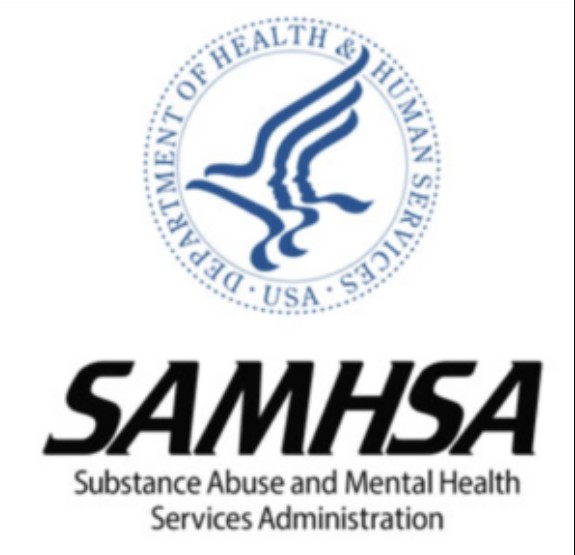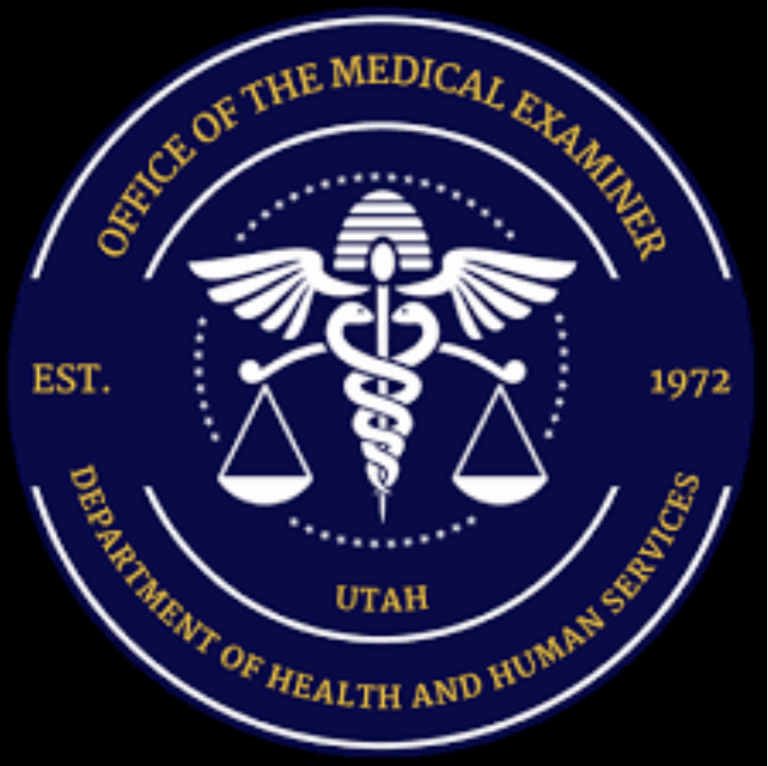June 16, 2025
There has been great weeping and gnashing of the teeth by the mental health community since last week’s announcement that Health and Human Services (HHS) Secretary Robert F. Kennedy, Jr., intends to reorganize the Substance Abuse and Mental Health Services Administration (SAMHSA) into other agencies to afford better oversight of the nation’s mental health budgets, policies and programs.
C’mon let’s get real, given SAMHSA’s pathetic track record, reflecting an ever-deteriorating nation continually in a mental health “crisis,” most would argue that Secretary Kennedy’s plan to reign in SAMHSA is not only a good idea, but way too long in coming. Afterall, SAMHSA’s role consists of many things including ensuring that mental health services are available to children in foster care. How’s that working out? According to a recent two-part series in The Imprint regarding New York City foster youth, one in four children between the “ages of 7 and 17 are placed on psychiatric drugs” and in group facilities that number is “one in three.”
The Imprint interviewed one such foster child from Indiana who, now a college student, obtained her medical records from her time in foster care. According to Stephaney Knight, while she was in foster care the records show the drugs “she was given ten years ago at age 14, to manage her mental health: 2.5 milligrams of risperidone (antipsychotic) and 20 milligrams of Abilify (antipsychotic) for “mood,” 450 milligrams of the mood stabilizer lithium, 100 milligrams of the antidepressant sertraline (Zoloft) and the blood pressure medications prazosin and 10 milligrams of propranolol for drug-induced hand tremors.”
Knight had been moved through more than 30 foster homes and had been diagnosed with postpartum stress disorder, severe depression, borderline personality disorder and bipolar disorder. It is at this point that Secretary Kennedy may find it useful to investigate the psychiatric diagnoses that lead to the drugging of our nation’s children.
The fact is there is no identifiable abnormality in the brain that is any psychiatric disorder. No CAT scan, PET scan, X-ray, blood test or any bodily fluids test that will reveal any alleged psychiatric disorder. Psychiatric diagnosing is completely subjective and left to interpretation of behavior by the diagnosing physician. In fact, one Georgia transitional home director, Susan Worsley, is quoted in the Imprint article complaining about who is doing the diagnosing saying “they are not medical professionals, I’m not sure that’s the best person you want signing off…” Worsley further explained that “what’s concerning is there is no expertise involved – there should be a good clinical team to review these medications.”
But here lies the problem, the federal government is funding mental health programs to the tune of hundreds of billions of dollars that are not based in science. In short, the federal government is funding fraudulent diagnoses. If the diagnosis is not based in science, how can Georgia’s Worsley expect any “expertise?” Expertise in what? Guessing why someone acts in a certain way? Worse, because there is no known abnormality that is any psychiatric disorder, what exactly are these serious mind-altering drugs “treating?” Because the federal government is funding these mental health agencies, it is absolutely complicit in this fraud and its subsequent harm to the nation’s children.
One only need review the package inserts of all of the prescription psychiatric drugs to know that even the pharmaceutical companies are not sure how the drugs “work” to treat any specific psychiatric diagnoses. Which, of course, explains the use of polypharmacy, the use of several psychiatric drugs at a time – a cocktail. Apparently, it’s a prescribing theory of “if this doesn’t work, try this and this.” Too often, these drugs are not approved for use in children and are prescribed off-label, meaning the drugs have not been approved for a specific use by the Food and Drug Administration (FDA).
It is also important to note that these drug cocktails are not tested together by pharmaceutical companies and many of the drugs, specifically antidepressants, carry a FDA black box warning for suicidality. The Imprint series reported that “Texas and Washington publicly available data also shows hundreds of pre-teens in foster care prescribed at least four psychotropic medications at once…”
Four mind-altering drugs to children not yet out of elementary school? How this is not a criminal offense is due to the federal government financially supporting the psychiatric diagnosis fraud. Without the diagnosis the drugs would not be prescribed. Kennedy may want to launch an investigation into the American Psychiatric Association (APA), asking for the science to support the diagnosis and the use of drugs as a “treatment.”
While the HHS Secretary is busy reshuffling federal agencies, it might be a good idea to create an office that oversees the dissemination of the FDA’s MedWatch data. In 1993 MedWatch was created to collect data about adverse drug events yet, to date, the system is underutilized by the healthcare community for a variety of reasons. To fully utilize the MedWatch system, the public must be continually reminded that it is available. An office specifically set up for this purpose will surely increase MedWatch’s use and greater data collection.
Finally, and perhaps more importantly, a new federal policy that provides complete informed consent for those patients being diagnosed and drugged for mental illnesses must be instituted. Patients must be provided an “exit plan” that explains the following:
*The psychiatric diagnosis is not based in science and there is no abnormality in the brain that is this mental disorder diagnosis.
*The drugs prescribed as “treatment” for the mental health disorder diagnosis do not “treat” any known abnormality and the pharmaceutical companies do understand how the drugs work as “treatment.”
*The prescribing physician must provide an estimate of how long the drug will be utilized and a date that the drug “treatment” will be completed.
*The prescribing physician must provide a detailed plan for withdrawing from the prescribed psychiatric drug and reasonable information about what to expect during withdrawal from a prescribed psychiatric drug.
Enacting a policy that requires physicians to provide “exit” plans is a good start to ending the cradle to grave drugging of Americans. Last year SAMHSA received seven and a half billion dollars and still the nation is in a mental health crisis. In fact, every year more Americans are diagnosed as mentally ill and drugged as “treatment.” One would think that after investing hundreds of billions of dollars annually in improving the mental health of Americans that maybe the numbers of those being diagnosed and drugged would decrease.
But, of course, this is the problem with mental health. The diagnosing is not based in science and, therefore, making it ever so easy to label someone as mentally ill. And, worse, the drugs reported to “treat” these mental illnesses, do not “treat” any known abnormality. Our children’s brains are not deficient of antidepressants and antipsychotics. It’s time to stand up for our children and expose the fraud that is mental health in America.
AbleChild is a 501(3) C nonprofit organization has recently co-written landmark legislation in Tennessee, setting a national precedent for transparency and accountability in the intersection of mental health, pharmaceutical practices, and public safety.
What you can do. Sign the Petition calling for federal hearings!
Donate! Every dollar you give is a powerful statement, a resounding declaration that the struggles of these families will no longer be ignored. Your generosity today will echo through generations, ensuring that the rights and well-being of children are fiercely guarded. Don’t let another family navigate this journey alone. Donate now and join us in creating a world where every child’s mind is nurtured, respected, and given the opportunity to thrive. As a 501(c)3 organization, your donation to AbleChild is not only an investment in the well-being of vulnerable children but also a tax-deductible contribution to a cause that transcends individual lives.







